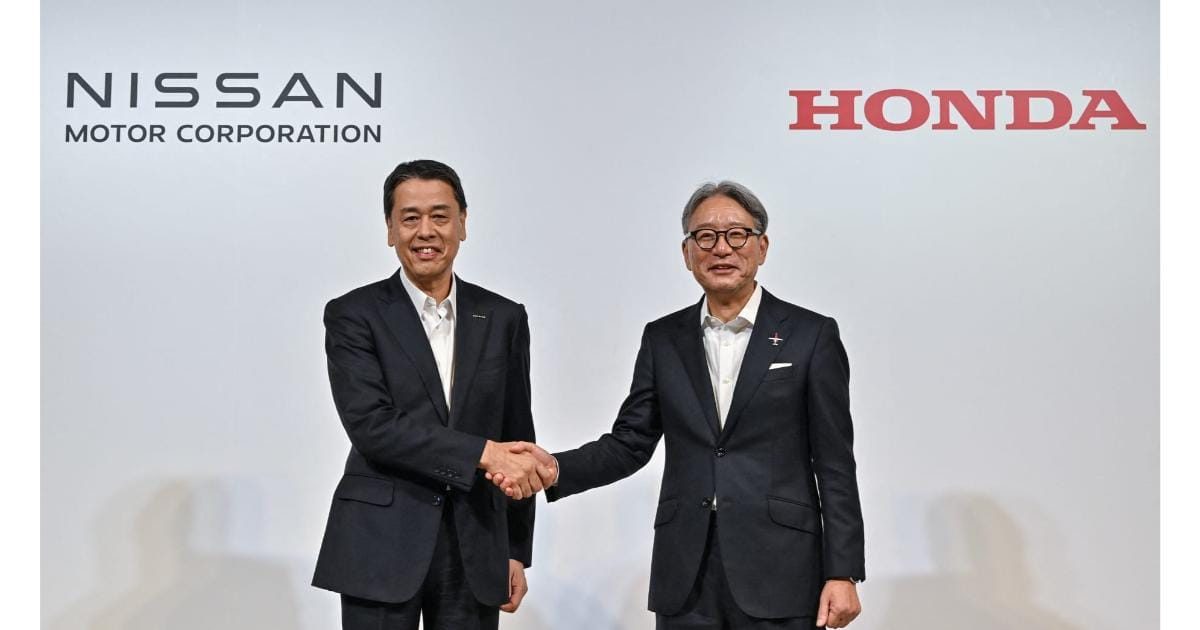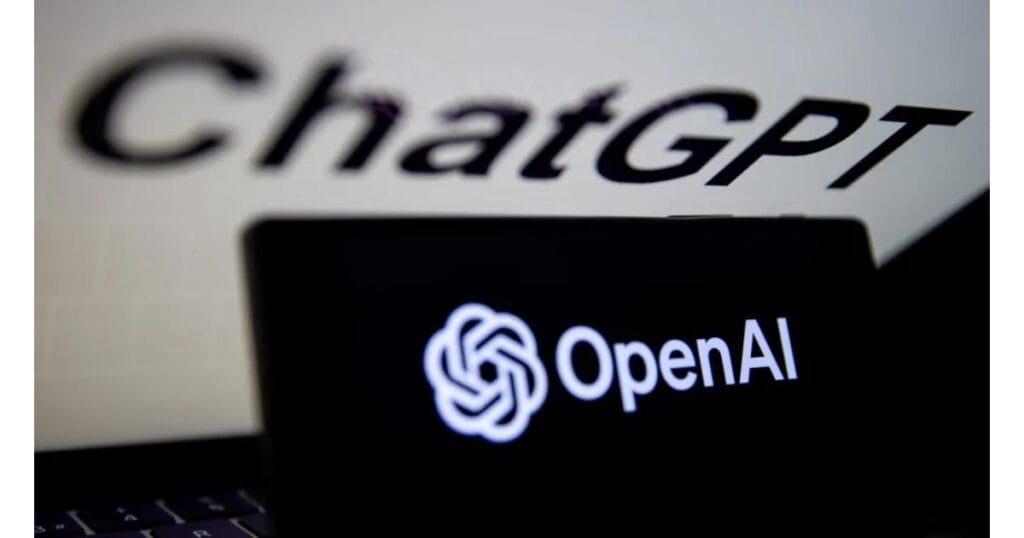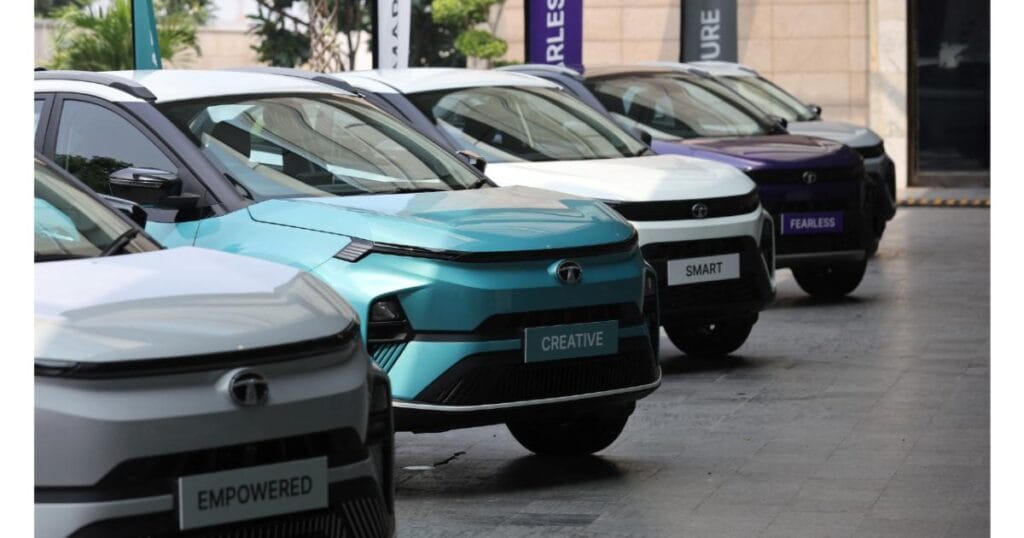7 Surprising Details About Honda and Nissan’s Groundbreaking EV Merger Talks
Quick Summary
- Honda and Nissan are in preliminary talks for a groundbreaking merger that could reshape the EV landscape.
- This alliance aims to bolster their position against competitors like Tesla and Chinese EV makers by combining sales power, reducing costs, and driving innovation in electric vehicles.
- Potential challenges include regulatory scrutiny and brand identity integration, but the move promises transformative impacts on the automotive market and the future of sustainable mobility.

In a move that could reshape the global car landscape, Honda and Nissan, two of Japan’s largest automakers, have reportedly entered into discussions about a potential merger. This collaboration aims to fortify their position in the swiftly evolving electric vehicle (EV) market.
Why This Merger Could Change Everything
- Strengthening Against Giants: With the merger, Honda and Nissan aim to form one of the world’s largest automotive groups, potentially rivaling industry leaders like Toyota and Tesla.
- EV Market Domination: Both companies are feeling the heat from Tesla and burgeoning Chinese EV manufacturers. This merger could provide the technological and financial muscle needed to lead in electric innovation.
- Combined Sales Power: If successful, the merged entity would control sales of around 8 million vehicles annually, significantly bolstering their market presence.
Key Details of the Merger Talks
- Holding Company Proposal: The plan includes creating a new holding company under which both brands would operate, potentially including Mitsubishi Motors due to Nissan’s existing 24% stake.
- Early Negotiations: The talks are in preliminary stages, focusing on signing a memorandum of understanding to outline the structure of this new alliance.
- Market Reaction: Following the announcement, Nissan’s shares soared by 24%, whereas Honda’s experienced a slight dip, showcasing the market’s mixed sentiments towards this bold move.
What's Driving the Merger?
- Cost Reduction: By merging, they can cut down on duplicative costs, share technology, and pool resources for significant R&D investments in EV technology.
- Global Expansion: The new company would have a broader geographical footprint, particularly in markets where they need to catch up with competitors like China and North America.
- Battery and Software Collaboration: Earlier collaborations on EV components and software lay the groundwork for this deeper tie-up, aiming to enhance efficiency and innovation.
Potential Roadblocks
- Cultural and Brand Identity: Merging two storied brands like Honda and Nissan involves navigating the complex waters of brand identity and corporate culture.
- Regulatory Hurdles: Such a merger would attract significant scrutiny from antitrust regulators, especially in markets like the U.S. and Europe.
- Employee Impact: Job overlaps could lead to workforce adjustments, a sensitive issue in any merger scenario.
What Does This Mean for You?
- Car Buyers: More choice and potentially better technology in electric cars, with a focus on sustainability and performance.
- Market Dynamics: This could shake up the automotive sector, pushing other manufacturers to step up their game or consider similar alliances.
- Future of Mobility: The merger signals a strong push towards electric mobility, possibly accelerating the phase-out of traditional combustion engines.
While no final agreements have been announced, the mere discussion of a Honda-Nissan merger is a testament to the urgent need for adaptation in the automotive world. This could very well be the dawn of a new era where innovation, sustainability, and strategic alliances dictate the future of cars.
Share this post
Trending News
About Author
Rajat N
Web Designer and Digital Marketing Manager with 3+ years of experience at Vibrant Marketer. Skilled in crafting visually appealing and user-friendly websites. Also proficient in content writing and graphic design to enhance brand visibility.








